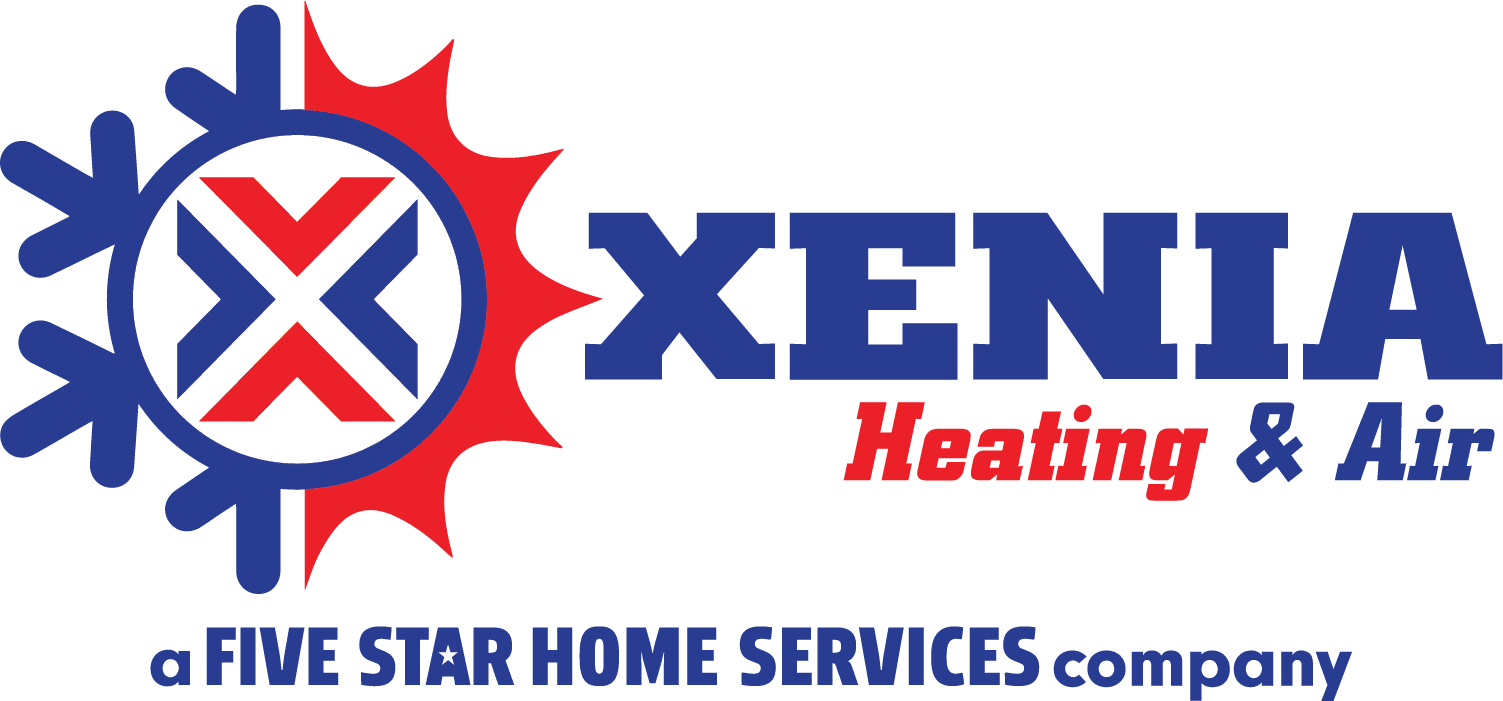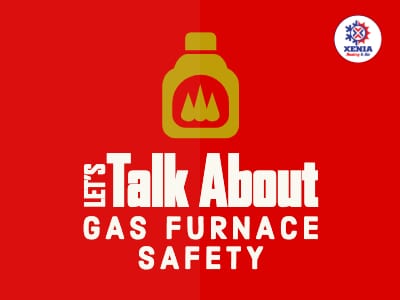Crucial Safety Guidelines to Help Keep You Home Safe
There are 2 main types of furnaces used in most homes today: gas furnaces and electric furnaces. While the electric furnace might seem to be the more popular choice of the two, it is actually the gas furnace that is the better value. Natural gas is less costly than electricity, so even though a gas furnace system is generally more expensive it pays for itself in the long run in money saved on energy bills.
Gas furnaces get a bad rap due to the fact that many people feel they are dangerous. They aren’t crazy about the idea of having natural gas flowing into their homes. But these days gas furnaces are much safer than earlier models were. Even so, there are steps that can be taken to make sure your home is protected and that your heating system works properly and safely. October is National Fire Prevention Month, so let’s take a few minutes to go over some tips for safely using a gas furnace :
- Always maintain a clean and uncluttered area around your furnace. Vacuum, sweep, mop, and wipe down the walls closest to the furnace regularly.
- Once a year, schedule a professional HVAC inspection by a licensed professional. Preventive maintenance is always a smart choice. An inspection can pinpoint any areas that may need repair work done before your furnace is put into use for the season when repair costs can be higher than usual.
- Keep an eye on the ceiling and walls nearest your furnace. Soot and discoloration are indications that there is a broken vent or seal that needs to be repaired or replaced. Contact an HVAC company right away if you notice this.
- If you smell an odor in your home that you believe may be gas, there are some steps you need to take right away. The first thing you need to do is verify that the smell is actually from a gas leak. Natural gas has no odor. An additive called Mercaptan is mixed with the gas to make it detectable. The smell is similar to rotten eggs or strong cabbage. As soon as the odor is detected, open doors and windows in your home for at least an hour. If the odor is still present, check for leaks with a mixture of water and dish or laundry soap. Rub this mixture onto the gas fittings that are attached to your furnace and watch for the formation of bubbles. If bubbles are present so is a leak. Shut off the gas at the main valve and get everyone out of the house, including pets. Contact the gas company and local fire department from a safe distance away, such as a neighbor’s house.
- Do not store combustible items anywhere near a gas furnace. Keep them in an entirely separate area of your home. Cleaning supplies, boxes, books, paint and paint thinner, etc., must all be kept as far away from your furnace as possible.
- Check your furnace filter monthly and replace it every three months. This will allow proper airflow throughout your home and ensure that the air is free of allergens and dust. It will also prevent damage to your HVAC system that can occur when the furnace’s fan becomes overworked as it tries to force air through the clogged filter. This results in the motor overheating. The damage can result in repairs or even replacement of your entire HVAC system.
- Make sure that everyone in your household who is old enough to do so knows how to shut off the gas to the home at the main shut off valve in the event an emergency arises when you were not at home. The main valve is located near the home’s gas meter.
- Every 2 to 3 months take a look at the pilot flame on your gas furnace. It should be entirely blue in color. If it contains any other color contact an HVAC professional immediately.
- Smoke detectors and carbon monoxide detectors are invaluable when it comes to protecting your family and your home. Any home with a gas furnace is susceptible to carbon monoxide (co), a colorless and odorless gas. It can be almost impossible to detect until the effects of carbon monoxide poisoning have set in. The symptoms include headaches, dizziness, nausea, or chest pains. Carbon monoxide poisoning can be fatal if not diagnosed and treated right away. At the first sign of the presence of carbon monoxide, the detectors work just like smoke detectors, sounding a warning alarm and potentially saving the lives of you and your loved ones.
- Twice per year the batteries in both carbon monoxide detectors and smoke detectors must be changed to ensure that they continue to work properly. Changing them at daylight savings time makes it easy to remember to do so.
Need More Info: Call Your Local Experts
At Xenia Heating and Air, we are ready and waiting to assist you with all of your HVAC needs, including making certain your gas furnace is in perfect working order for the coming winter. Give Xenia Heating and Air a call today at 937-708-8451 or visit us online at https://www.xeniaheatingandair.com.




